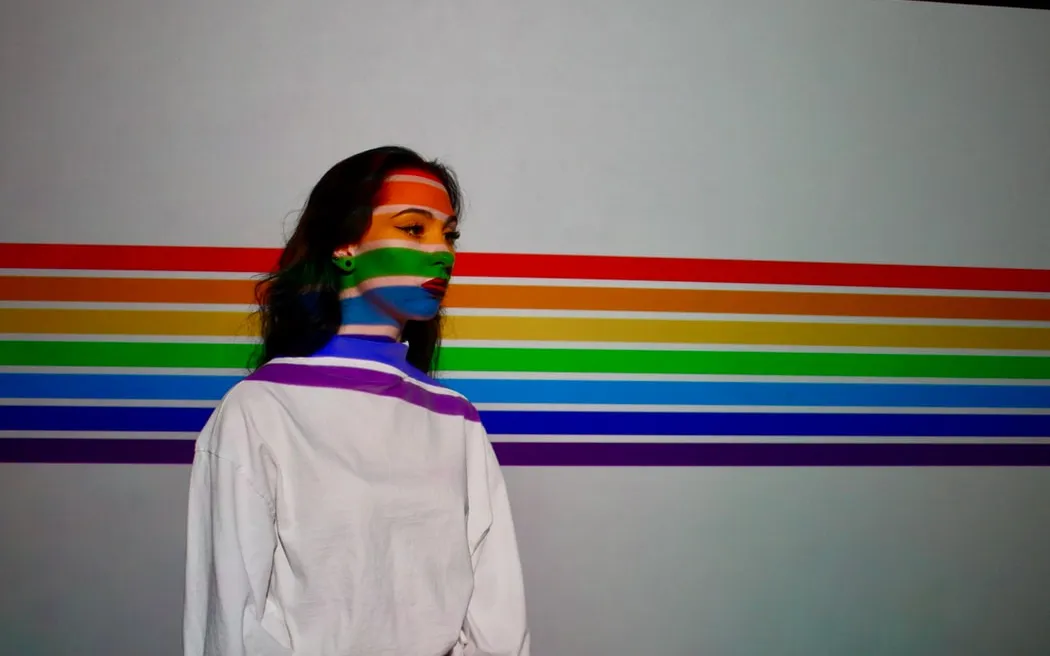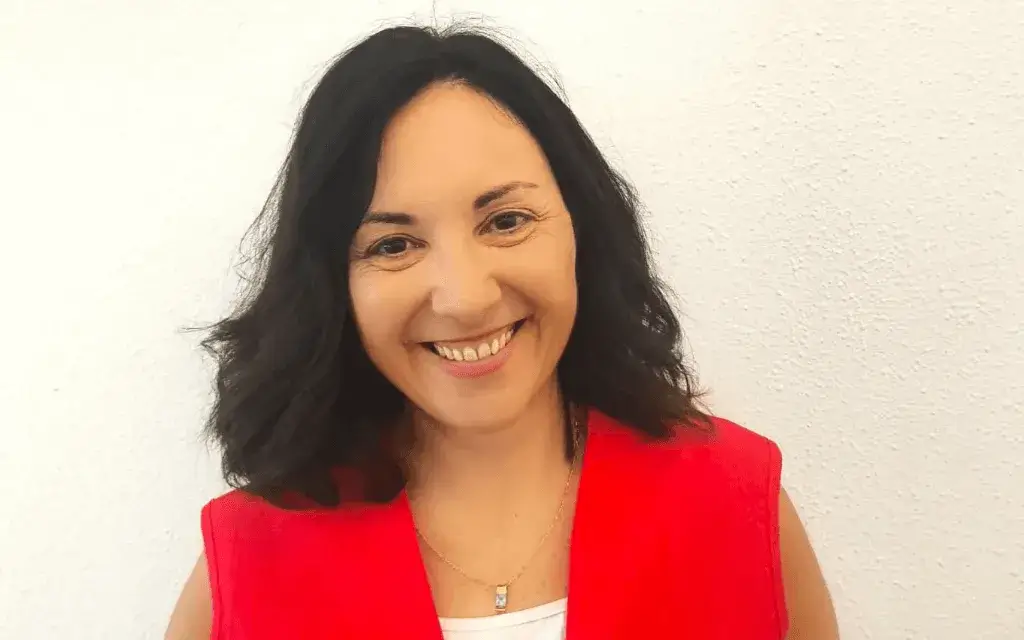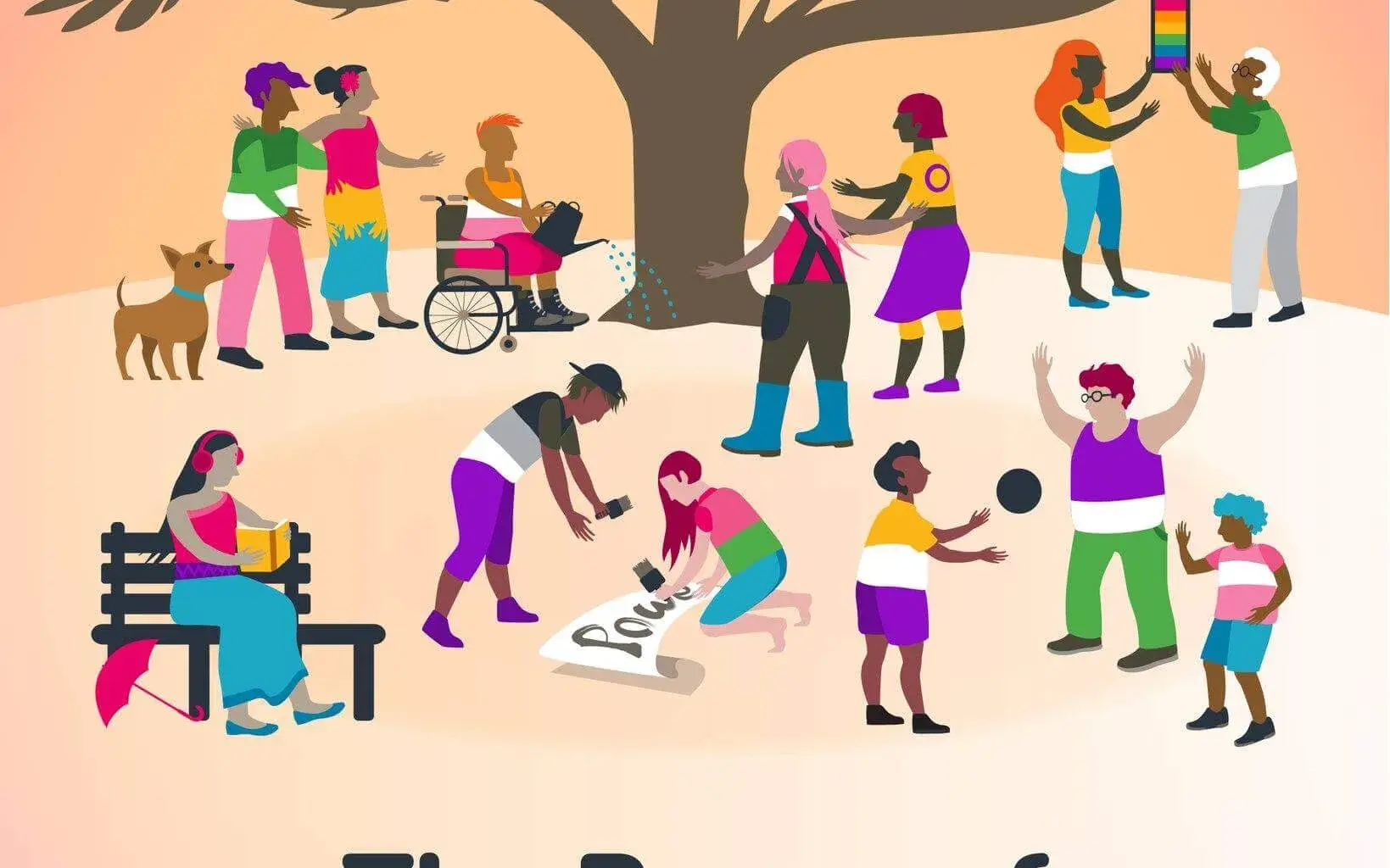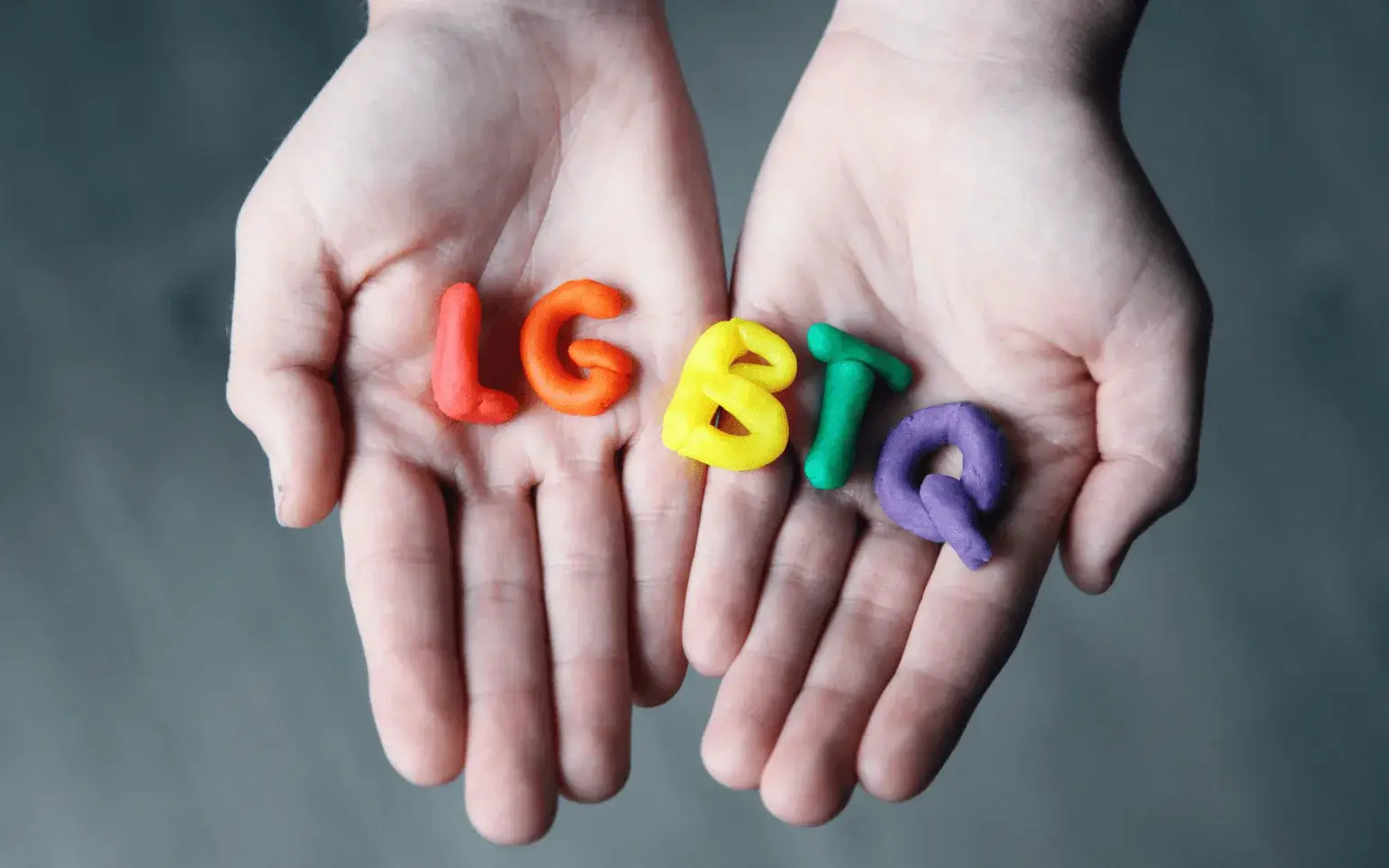
Despite the lack of comprehensive registration by states, ILGA-World has registered more than 900 applications of discriminatory laws against LGTBI + people.
At the end of 2021 ILGA presented a report on the repression against LGBTI+ persons ‘Our Identities under Arrest’ to study violence and discrimination globally, beyond the map of discrimination it publishes annually.
Kellyn Botha, the research consultant, stated that around “one third of the UN member States continue to criminalise agreed sexual acts between adults of the same sex”. The analysis doesn’t just focus on agreed relations, but also adds free gender expression.
The document is based on the analysis of previous reports and life experiences of activists and contains up to 900 examples of the application of discriminatory laws. It highlights raids, detentions in the streets, ambushes on the Internet by security forces and third party reporting in hostile environments as some of the most common forms of detention.
Lack of records
To draft the report, official records from States were checked and dialogues were held with organisations and activists. However, data are not always available as many arrests aren’t on record, there isn’t a systematic recording or data are incomplete.
Therefore, available data was studied based on what organisations that are members of ILGA and allies report, as well as urgent calls for UN Special Procedures, research from civil society organisations, witness provided by refugees and statistics published by States.
In this regard, there is evidence that the number of arrests and proceedings are considerably higher that what is recorded in different regions and the report also stresses that only the tip of the iceberg is revealed.
Criminalising legislation
This 2022 has therefore started with huge challenges to combat this situation and generate change. This year, ILGA is organising a World Conference in May to define new strategies to deal with these changes and to tackle regressive laws and violent actions by state and private actors.
An important highlight in the report is gender perspective and expression. The coordinator of the report, Lucas Ramón Mendos, pointed out that “in societies where non-normative behaviour is sees as evidence of non-heterosexuality, the way in which a person dresses, expresses and talks may be considered evidence of a likely criminal activity and this may even be considered sufficient to justify a detention”.
So, the application of laws that criminalise the community are also based on subjective and arbitrary assumptions. Gender expression plays a key role in many cases where criminalising laws are applied. Along these lines, the report highlights the importance of the media in creating a social influence that may impact the way in which States apply laws and how certain hostile media brands signal out at the community.
Advancing in the implementation of rights
During 2021 there continued to be arrests and proceedings against agreed sexual acts between adults of the same sex or against diverse gender expressions, which continue to be punished with fines, prison terms, physical punishment and death penalty in several countries.
How a law is applied in each country may vary enormously both in frequency and intensity but, according to the documentation they had access to, some common detention methods are: red-handed detention –with a component of casualty – raids, arbitrary detentions at police or military checks and planned ambushes by the security forces.
For ILGA, the changes that have occurred in recent years with the decriminalisation of the community –in 2021 same-sex marriage was recognised in Switzerland and Chile and the public apology and recognition of trans or intersex persons as was the case in New Zealand or the Netherlands, are important. 2022 marks the need to continue advancing the implementation of human rights and developing specific rights for LGBTI+ persons.






Add new comment